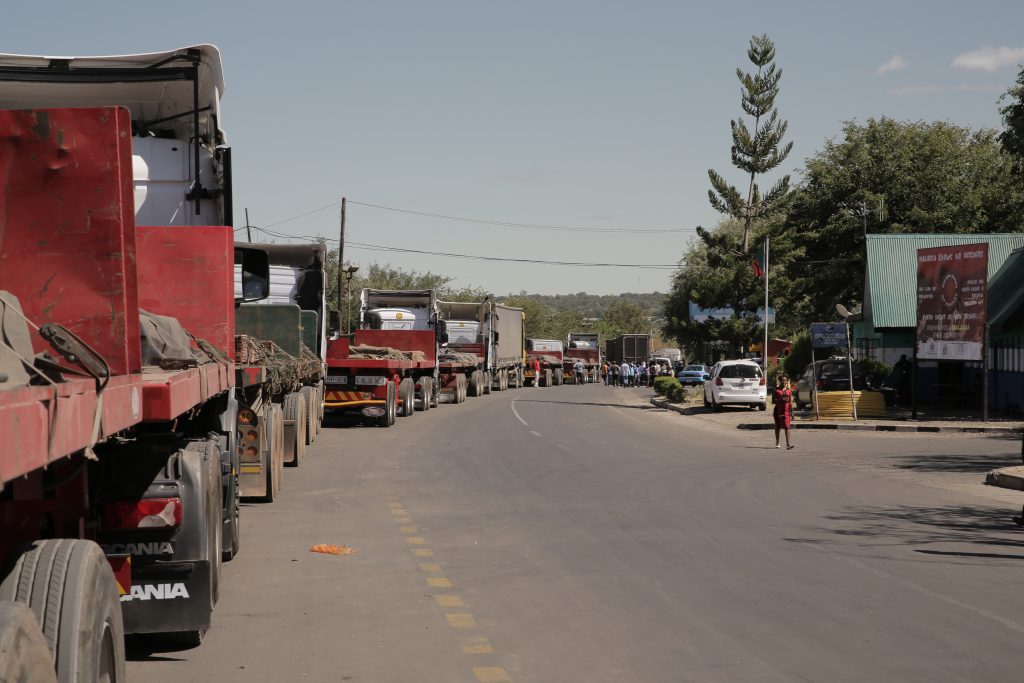
COMESA Member States, through the European Union-backed Trade Facilitation Programme have revised and adopted regulations for the elimination of non-tariff barriers (NTBs), a move which is expected to enhance intra-regional trade. The programme has also supported the development of national elimination strategies for NTBs in Zambia, Zimbabwe, Malawi, Madagascar and Egypt.
The programme has equally supported Member States to implement selected measures under the WTO Trade Facilitation Agreement, development of the Regional Trade Information Portal and adoption of its standardized guidelines.
Regarding improvement of border management operations, the programme facilitated the signing of Sub-delegation Agreements with six Member States and implementation of activities at the various border posts is gathering pace.
Capacity building activities in the areas of Sanitary and Phytosanitary Standards (SPS) and Technical Barriers to Trade (TBT) has been conducted and the procurement of the much-needed measurement equipment for national metrology institutes has been done.
The programme has also supported meetings for negotiations and capacity building for Trade-in-Services covering both the skills required for negotiations and the collection and analysis of Trade-in-Services statistics for Member States.
This was revealed during the third Project Steering Committee for the COMESA Trade Facilitation Programme held in Lusaka, Zambia, August 11-12, 2022. The TFP is funded by the European Union under the 11th European Development Fund (EDF).
Ethiopia’s State Minister for Trade Integration and Export Promotion Hon. Kassahun Gofe called for strategies to fast-track implementation of the programme. He also appealed for more financial support on programmes that will support the integration agenda for the region.
“In addition, I expect to hear from the Secretariat and our partners on the possibilities of increasing more financial and technical support to Member States to implement and sustain the trade facilitation instruments in line with national, regional and international standards,” Hon. Gofe stated.
Head of Cooperation at the EU Delegation to Zambia and COMESA, Arnaud Borchard pointed out that the Trade Facilitation Programme aims to facilitate trade mainly by addressing barriers to trade such as non-tariff barriers, Sanitary and Phytosanitary measures, technical standards as well as border inefficiencies.
He emphasized the importance of trade facilitation to deepen the regional integration in COMESA, the largest Regional Economic Community on the African continent. “The continuous commitment of the EU in supporting the African continent can be proven by the new “continental” Multi-Annual Programme in addition to the ongoing Trade Facilitation Programme,” Mr. Borchard pointed out.
Speaking at the same event, Assistant Secretary General for Administration and Finance Dr Dev Haman thanked the EU for giving a no-cost extension to the programmes at COMESA adding that this will allow the Secretariat and partners to fully implement the projects.
“The extension will provide additional time for activities at Member State level to continue especially those related to provision of infrastructure at border posts and procurement of works and supplies that have longer delivery and implementation timelines,” Dr Haman said.
Dr Haman further stated that the interventions being covered under the five result areas of the TFP are key to the attainment of the COMESA goals of addressing obstacles constraining the growth of intra-regional trade (which has remained stubbornly stuck at around 10%).

